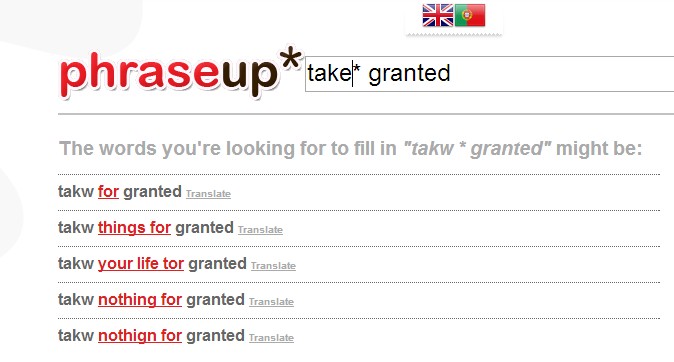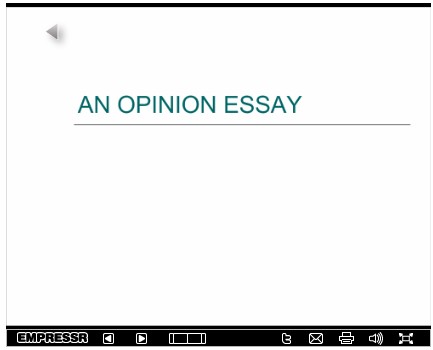…two hot issues. On the one hand, Estibalith Solaguren expresses her opinion on whether Famous People are Treated Unfairly by the Media or Not and on the other hand, Dulce Mariño gives her view on Whether Sex Education Should Be Taught at the Schools. Two very interesting issues that are food for thought. Thank very much to these two Intermediate students; I really appreciate you taking the time it takes to type and send me your contributions.
“Are famous treated unfairly by the media? Should they be given more privacy, or is the price of their fame an invasion into their private lives?”
invasion into their private lives?”
Nowadays we can see that famous people seem to have no right to privacy. In spite of the fact that gossip programmes have so many followers, I completely disagree with how they treat celebrities.
It is true that a famous person’s life is more interesting than an anonymous one yet, they are treated unfairly.
Firstly, because there are lots of reporters waiting twenty-four seven at their doorsteps. They cannot go to the bakery without being shot, even when they go with children.
Secondly, gossip journalists give us fake news and they do not apologize if it proves to be a lie.
There are definitely different kinds of celebrities. On the one hand, there are people who are known because of their job e.g. singers, actors, … whereas, we have people who are known because they have sold their privacy. In any case, the media cannot abuse people in that way, even if they have sold their lives. It is like a prostitute who sells her/his body, it does not mean that she/he can be raped.
To sum up, the media are to inform us, but it is not necessary to attack, without mercy, a famous person to obtain a scoop.
 “Sex in the schools”
“Sex in the schools”
Sex education for children should be approved in High School. Some people believe that it’s worse for children because they think that they are rather immature. Personally, in my view, it’s pretty important for young people to prevent teen pregnancy and sex diseases.
Firstly, the children from the age of twelve to nineteen are physically in a period of change and sex education can help them to understand the change of their sex organs.
Secondly, students are taught how to use condoms. I think that they are very embarrassed to speak with their parents about this. In addition, sex education helps to avoid social problems like early marriage, teen pregnancy, sex abuses and sex diseases.
In conclusion, I believe that sex education in the schools has important advantages for both teenagers and the society.
Now read the essay below, with a sample Opinion Essay from the British Council and if you feel you need more practise, click on the picture to do the interactive exercises on their website.







 explanation.
explanation.


